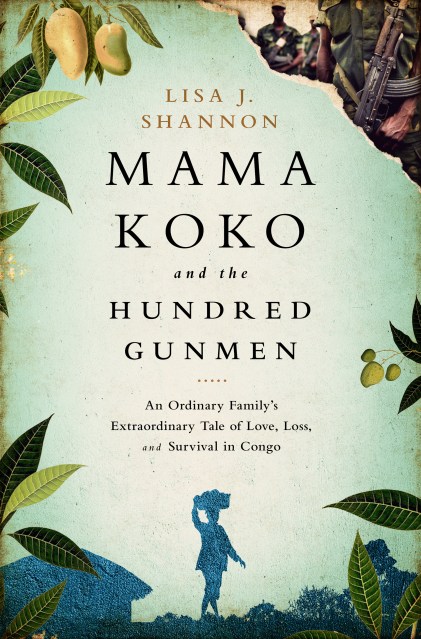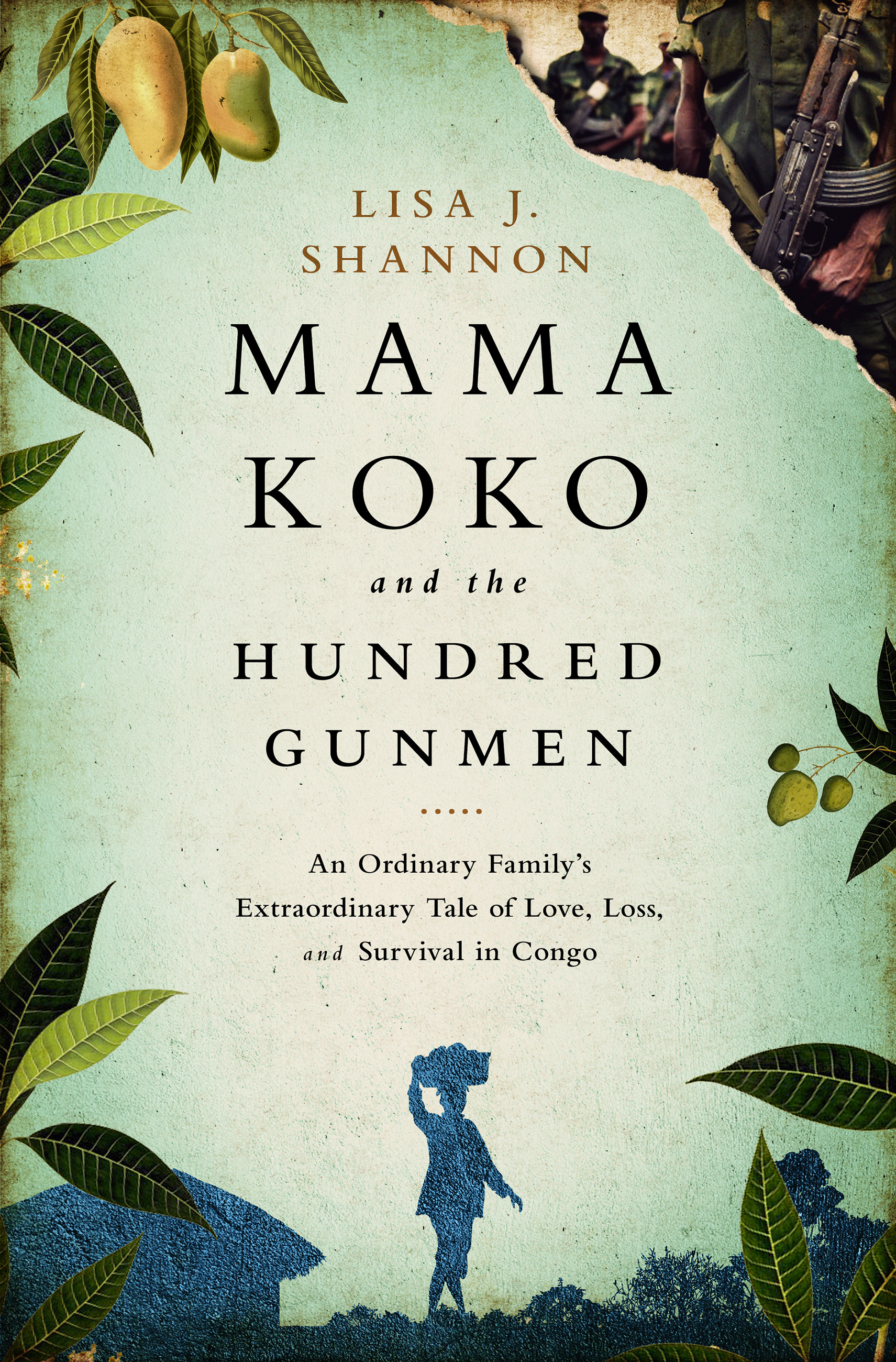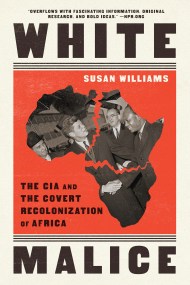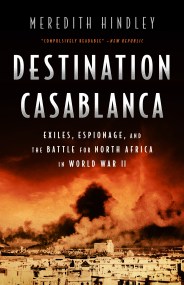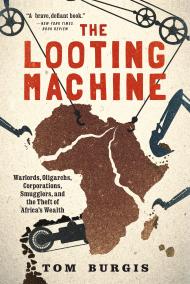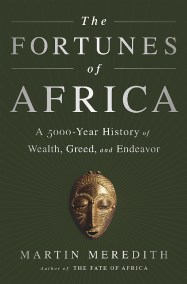By clicking “Accept,” you agree to the use of cookies and similar technologies on your device as set forth in our Cookie Policy and our Privacy Policy. Please note that certain cookies are essential for this website to function properly and do not require user consent to be deployed.
Mama Koko and the Hundred Gunmen
An Ordinary Family’s Extraordinary Tale of Love, Loss, and Survival in Congo
Contributors
Formats and Prices
- On Sale
- Feb 3, 2015
- Page Count
- 240 pages
- Publisher
- PublicAffairs
- ISBN-13
- 9781610394451
Price
$35.00Price
$45.00 CADFormat
Format:
- Hardcover $35.00 $45.00 CAD
- ebook $14.99 $19.99 CAD
This item is a preorder. Your payment method will be charged immediately, and the product is expected to ship on or around February 3, 2015. This date is subject to change due to shipping delays beyond our control.
Buy from Other Retailers:
Mama Koko and the Hundred Gunmen weaves Francisca’s journey with stories of the family’s harrowing encounters with gunmen and tales from their past to create a vivid, illuminating portrait of a place and its people. We hear of Mama Koko’s early life as a gap-toothed beauty plotting to escape her inevitable fate of wife and motherhood; of Papa Alexander’s empire of wives, each of whom he married because she cooked and cleaned and made good coffee; and of Francisca’s idyllic childhood, when she ran barefoot through the family’s coffee plantation gorging herself on mangoes and fish that “were the size of small children.”
Offering compelling testimony to the strength of the human spirit and the beauty of human connection in the darkest of times, Mama Koko and the Hundred Gunmen also explores what it means and requires to truly make a difference in an unjust and often violent world.
Genre:
-
“It's never easy for a writer to negotiate the bloody shake-up of history. Far from being silenced or rendered speechless by the complicated political transformation, Shannon chose to narrate the compelling stories as vital testimonies to reflect on the role each one of us can play.…Shannon's emphasis in Mama Koko and the Hundred Gunmen is on the extraordinary tale of a marginal family, caught amidst the crossfire for power and control….Shannon must be credited for bringing to life the stories of human sufferings in an unjust world, which are often subsumed in dominant political-economy discourses that focus on resource extraction as a means of so-called human development.” —Deccan Herald
"Lisa Shannon is known for the courage, grace, and love through which she brings to everyone's attention the harshness and beauty of humanity experienced in the Democratic Republic of Congo. With a compassionate eye, she analyzes how ordinary individuals deal with that difficult reality. In Mama Koko and the Hundred Gunmen, Shannon shows the magic of her writing by taking the reader on that journey. It is a journey of the heart that everyone should read."—Zainab Salbi, founder of Women for Women International and author of Between Two Worlds -
“Lisa Shannon is a young woman with courage, conviction, and a craving for adventure... Shannon skillfully reveals a tapestry of characters and personal narratives that are at once moving and frightful... Beautiful writing.”–New York Journal of Books
“Harrowing… Shannon's book bother offers a rich portrait for her subjects' lives and serves as a call to action… A highly personal and memorable story.” –Kirkus
“This compelling narrative is not easily forgotten, nor are the many people whose stories she collected. This is a valiant record of the testimonies of vital witnesses; readers will not be able to look away.” —Booklist
Newsletter Signup
By clicking ‘Sign Up,’ I acknowledge that I have read and agree to Hachette Book Group’s Privacy Policy and Terms of Use
